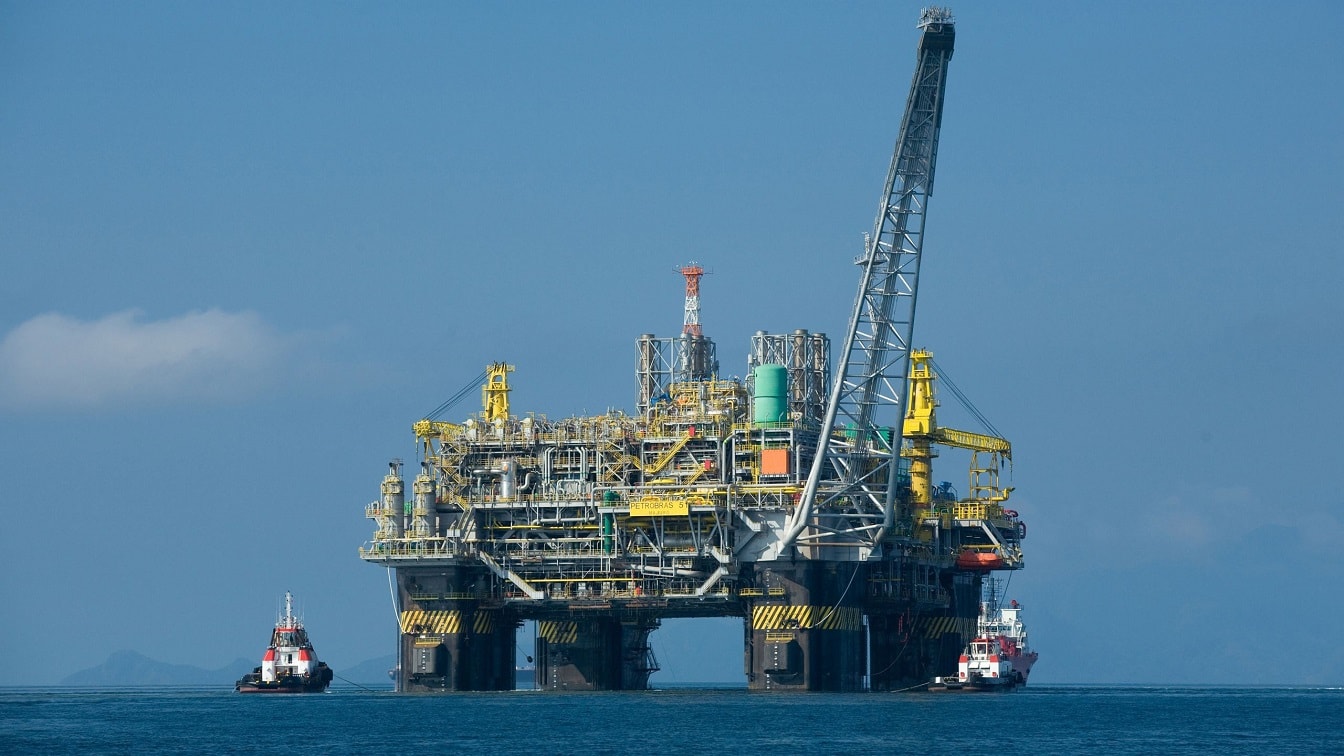In a 2014 document published by Ryo Minami, the director of the Petroleum and Natural Gas Division of the Agency for Natural Resources and Energy said that Russia is “very important” in Japan’s mission to reduce dependency on the Middle East, and that the proximity of Russia to Japan made it an “attractive source of supply.”
At the time, the latest data showed that 10% of Japanese liquefied natural gas (LNG) imports came from Russia, and 7% of its oil imports also came from Russia.
The 7% figure has remained largely consistent since 2009, when Japan first began importing LNG from Russia. That figure is important, as the country’s demand for LNG increased by 24% after the Great East Japan Earthquake in 2011.
In the wake of the Russian invasion of Ukraine, however, Japan has toyed with implementing some energy import sanctions on Russia, but failed to commit quite as much as the United States and some European countries.
This week, Japan’s minister of economy, trade, and industry said that the country would struggle to cut off Russian oil imports in the same way many Western countries already have.
“Given Japan has its limit on resources, we would face some difficulty to keep in step immediately,” Koichi Hagiuda said on Thursday
Japan Sanctioned Coal Imports in April
In early April, Japan pledged to ban coal imports from Russia and expel eight Russian diplomats. The move followed similar sanctions implemented by several European Union countries and the United States.
Prime Minister Fumio Kishida said that the sanctions were implemented in response to the “war crimes” committed by the Russian military in Ukraine.
“Russia has repeatedly violated international humanitarian law by killing civilians and attacking nuclear powerplants,” Kishida said. “These are unforgivable war crimes.”
The move was not inconsequential, with Japan depending on Russia for 11% of its coal supplies in 2021. Japan also imports almost all of its coal, producing very little domestically, making the sanctions challenging enough without additional sanctions on LNG and oil.
“We would need to find alternative suppliers or we would face difficulties securing domestic coal which could lead to power outages and such. We need to avoid such a situation,” trade minister Hagiuda also said at the time.
How Japan Plans to Solve the Problem with Nuclear
On last Thursday, Japanese Prime Minister Fumio Kishida said that Japan would turn to its nuclear reactors to help reduce the country’s dependence on Russian fuel. Having shut down many reactors in the wake of the 2011 Fukushima disaster, Japan will once again turn to its nuclear energy sector to solve its energy problems.
The announcement comes as the country approaches its July elections, with energy prices skyrocketing in the country just as they are in the West.
Kishida pledged to solve the “vulnerability” of Japan’s energy self-sufficiency by also purchasing oil and natural gas from a broader number of suppliers, promoting renewables, and by using more nuclear power.
“We will utilise nuclear reactors with safety assurances to contribute to worldwide reduction of dependence on Russian energy,” Kishida said during a speech in London, England. “Restarting just one existing nuclear reactor would have the same effect as supplying 1 million tonnes of new LNG (Liquified Natural Gas) per year to the global market.”
Jack Buckby is a British author, counter-extremism researcher, and journalist based in New York. Reporting on the U.K., Europe, and the U.S., he works to analyze and understand left-wing and right-wing radicalization, and reports on Western governments’ approaches to the pressing issues of today. His books and research papers explore these themes and propose pragmatic solutions to our increasingly polarized society.

